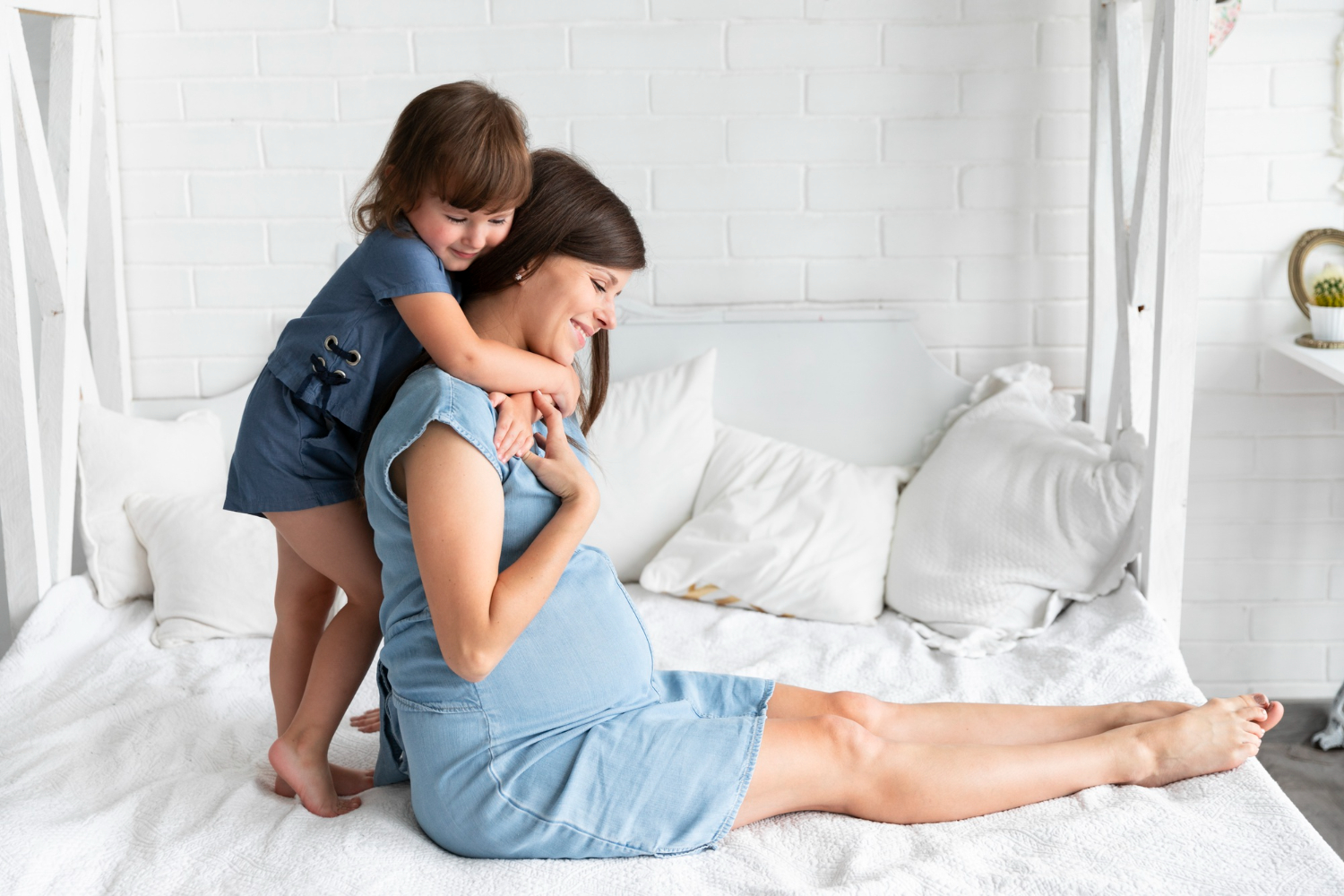Becoming a mum is a wonderful experience, but the days and weeks after childbirth can be a challenging time as your body and mind recover from the process of bringing a baby into the world. Postpartum recovery involves both physical and emotional healing, and understanding what to expect can make the journey smoother. Here’s what every new mum should know about navigating this crucial phase.
Physical Recovery After Childbirth
1. Rest and Healing Are Key
Childbirth takes a toll on your body, and rest is essential for recovery. Whether you’ve had a vaginal delivery or a caesarean section, your body needs time to heal. Don’t hesitate to ask for help with chores or caring for the baby. Sleep when the baby sleeps to recharge your energy.
2. Managing Perineal Pain
For mums who’ve had a vaginal birth, perineal pain is common, especially if there were tears or an episiotomy. Ice packs, warm baths, and over-the-counter pain relief can help. It’s important to keep the area clean and dry to prevent infection.
3. C-Section Recovery
If you’ve had a caesarean, recovery may take longer as it involves surgery. Avoid lifting heavy objects and follow your doctor’s advice on caring for your incision. Gentle walking can aid recovery and reduce the risk of blood clots.
4. Postpartum Bleeding
Postpartum bleeding, known as lochia, is normal and lasts a few weeks. It starts heavy and gradually lightens. Use maternity pads and avoid tampons during this time to prevent infection.
5. Breastfeeding Challenges

Breastfeeding can be rewarding, but it may also come with challenges such as sore nipples or engorged breasts. Using nipple creams, maintaining a proper latch, and seeking advice from a lactation consultant can make a big difference.
6. Dealing with Hormonal Changes
Hormones can cause hot flashes, night sweats, and mood swings. These changes are normal but can feel overwhelming. Staying hydrated and wearing breathable clothing can help with physical discomfort.
Emotional Recovery After Childbirth
1. Baby Blues
It’s common for new mums to experience “baby blues” in the first two weeks after childbirth. This can involve mood swings, crying spells, and feelings of being overwhelmed. It’s largely due to hormonal shifts and the adjustment to a new routine.
2. Postpartum Depression
If sadness, anxiety, or feelings of hopelessness persist beyond two weeks, it might be postpartum depression (PPD). PPD is common and treatable. Reach out to your GP or a support group if you’re struggling.
3. Bonding with Your Baby
Bonding doesn’t always happen instantly. It’s normal to feel exhausted or unsure in the beginning. Spend time holding, feeding, and talking to your baby to strengthen your connection over time.
4. Prioritising Self-Care
Taking care of yourself is not selfish; it’s necessary. Even short breaks to relax, take a walk, or enjoy a cup of tea can improve your mood and energy.
Tips for a Smooth Recovery
- Stay Hydrated and Eat Well A balanced diet rich in fruits, vegetables, lean proteins, and whole grains will help your body heal faster. Drink plenty of water, especially if you’re breastfeeding.
- Gentle Exercise Once your doctor approves, light activities like walking can boost your mood and aid physical recovery. Avoid intense workouts until you’re fully healed.
- Seek Help Don’t hesitate to ask for support from family, friends, or professionals. Whether it’s babysitting, preparing meals, or simply offering a listening ear, help can make a big difference.
- Follow Up with Your Doctor Attend your postnatal check-up to ensure your recovery is on track. Discuss any concerns, from lingering pain to emotional struggles.
FAQ: Postpartum Recovery
1. How long does postpartum recovery take? Every mum’s recovery is different. For vaginal births, it usually takes 6–8 weeks to feel more normal, though complete recovery may take longer. C-section recovery may take up to 12 weeks.
2. When should I call a doctor during recovery? Seek medical advice if you have heavy bleeding, severe pain, fever, or signs of postpartum depression. Don’t ignore symptoms that feel out of the ordinary.
3. Can I exercise after giving birth? Light walking is fine a few days after delivery, but wait for your doctor’s clearance before starting more strenuous exercise, especially if you’ve had a C-section.
4. Is it normal to feel emotional after giving birth? Yes, hormonal changes, lack of sleep, and adjusting to motherhood can lead to mood swings. If feelings of sadness persist or worsen, reach out for support.
5. How can I ease breastfeeding pain? Ensuring a good latch, using nipple creams, and feeding frequently to avoid engorgement can help. If pain persists, consult a lactation specialist.
Postpartum recovery is a journey, and every mum’s experience is unique. Give yourself grace as you heal, and remember that seeking help is a sign of strength, not weakness. By taking care of your body and mind, you’ll be better equipped to care for your baby and embrace this new chapter of life.


